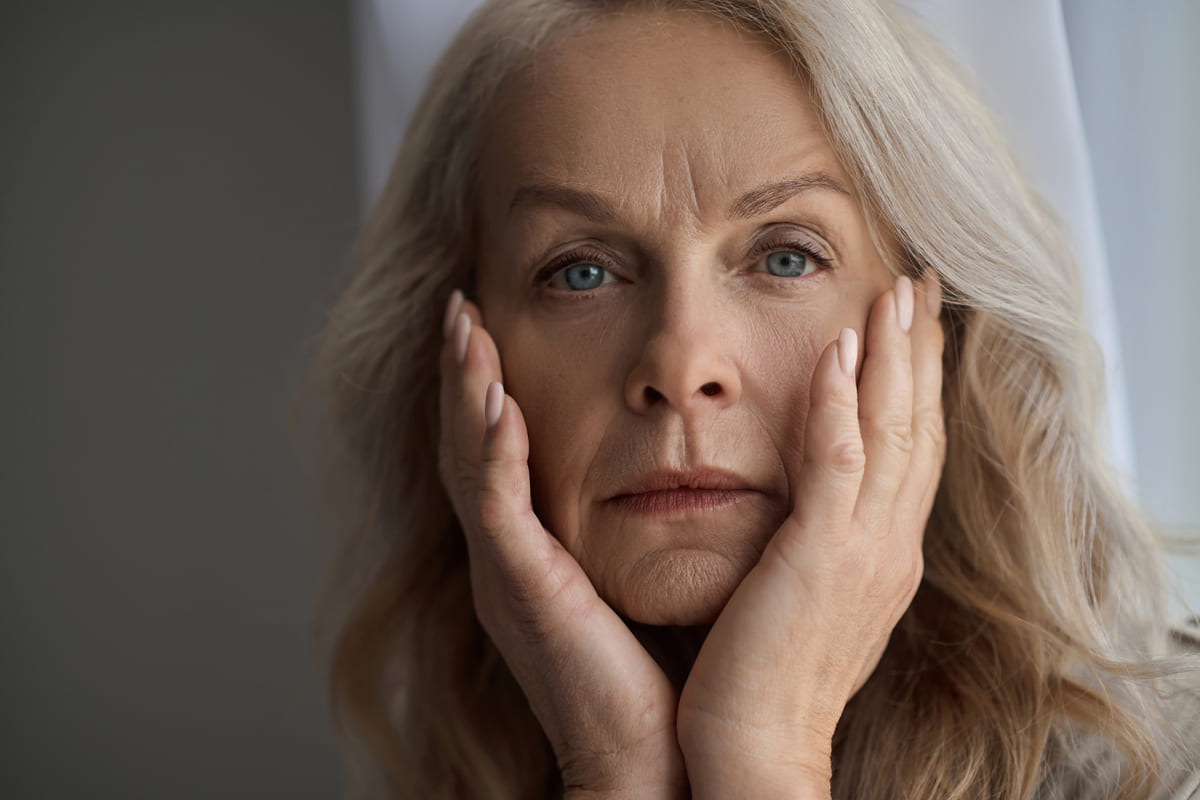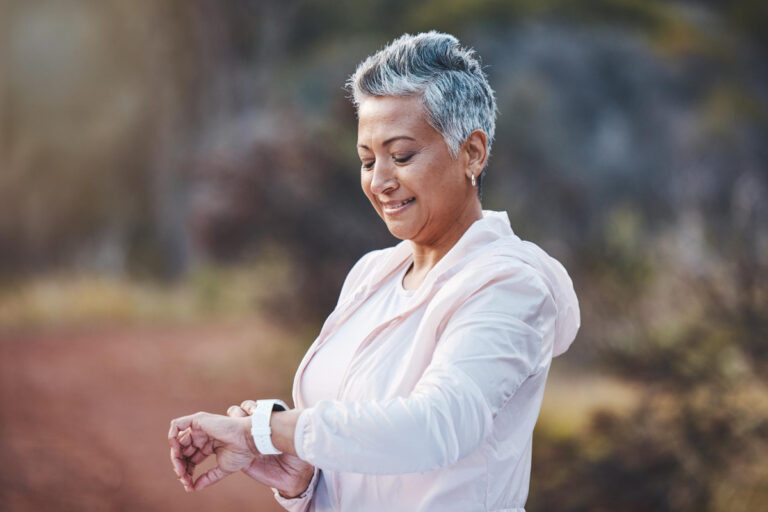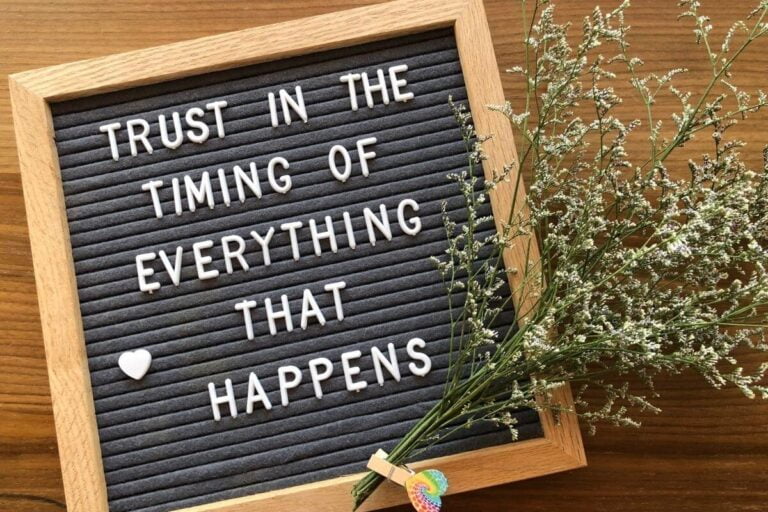15 Bold Truths About Aging That No One Dares to Say Out Loud
Aging is something everyone experiences, yet many of its realities remain unspoken. It’s a journey filled with changes that can be both surprising and challenging.
This article will reveal 15 honest truths about aging that you might not hear from others but need to know for a clearer understanding of what’s ahead. Being aware of these facts can help you face aging with more confidence and a realistic outlook.
Aging isn’t about losing youth but gaining wisdom.

You might notice physical changes as you age, but that doesn’t define you. What truly grows is your understanding and perspective.
Every experience you’ve had adds to your wisdom. That knowledge helps you navigate life with more clarity and patience.
You learn what matters and what doesn’t. In time, you become more confident in your choices and less worried about others’ opinions.
Wrinkles tell the story of a life well-lived.
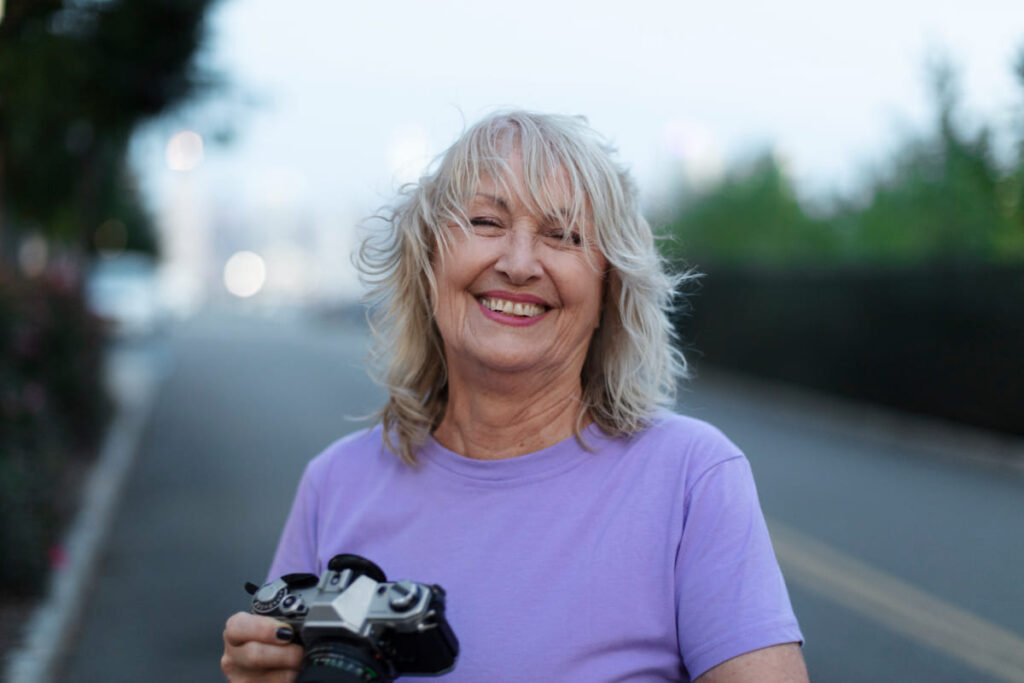
Your wrinkles show where you’ve smiled, frowned, and experienced life’s ups and downs. They are natural marks of growth and time passing.
Instead of hiding them, you can see wrinkles as a map of your unique journey. Each line has a story only you can tell.
Embracing these changes helps you appreciate your past and the experiences that made you who you are today.
It’s normal to feel more tired, not lazy.
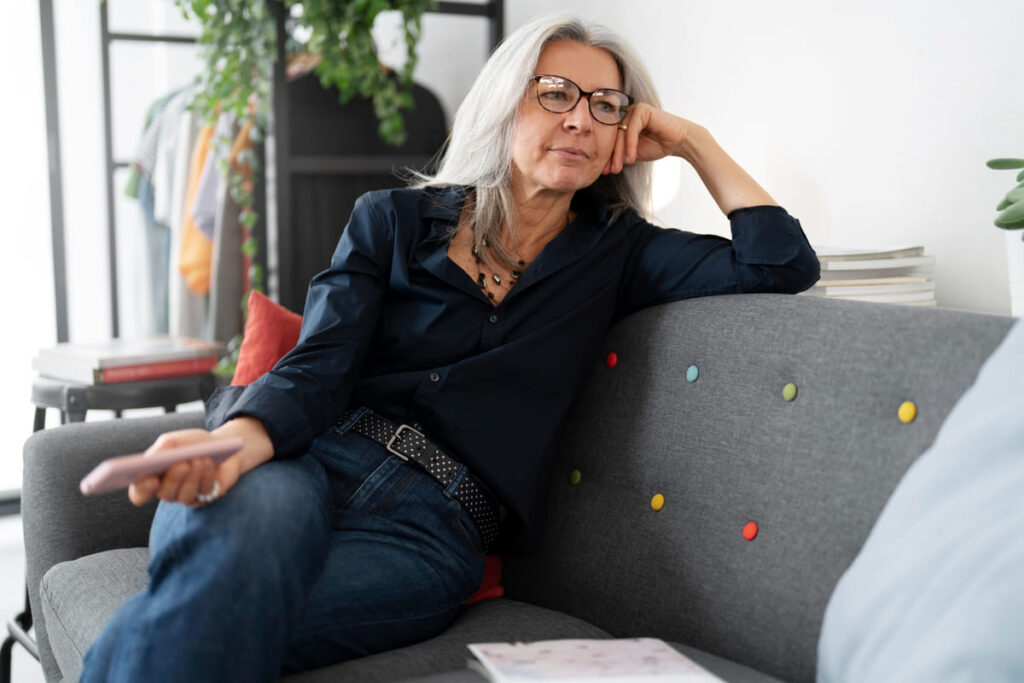
As you age, your energy levels naturally change. Feeling more tired doesn’t mean you’re lazy or unmotivated.
Your body needs more time to recover after physical or mental activity. Listen to these signals and give yourself permission to rest.
Recognizing this can help you avoid guilt and better manage your daily pace. It’s about adapting, not slowing down without reason.
Memory slips are common, not a sign of failure.

You might notice moments when names or details slip your mind. This is normal and happens to nearly everyone as they age.
Your brain processes information differently over time. Forgetting small things doesn’t mean you’re losing your ability or intelligence.
Instead of worrying, try to see these slips as part of a natural rhythm. Giving yourself grace can reduce stress and help you focus better.
Your skin changes, but your spirit doesn’t have to.
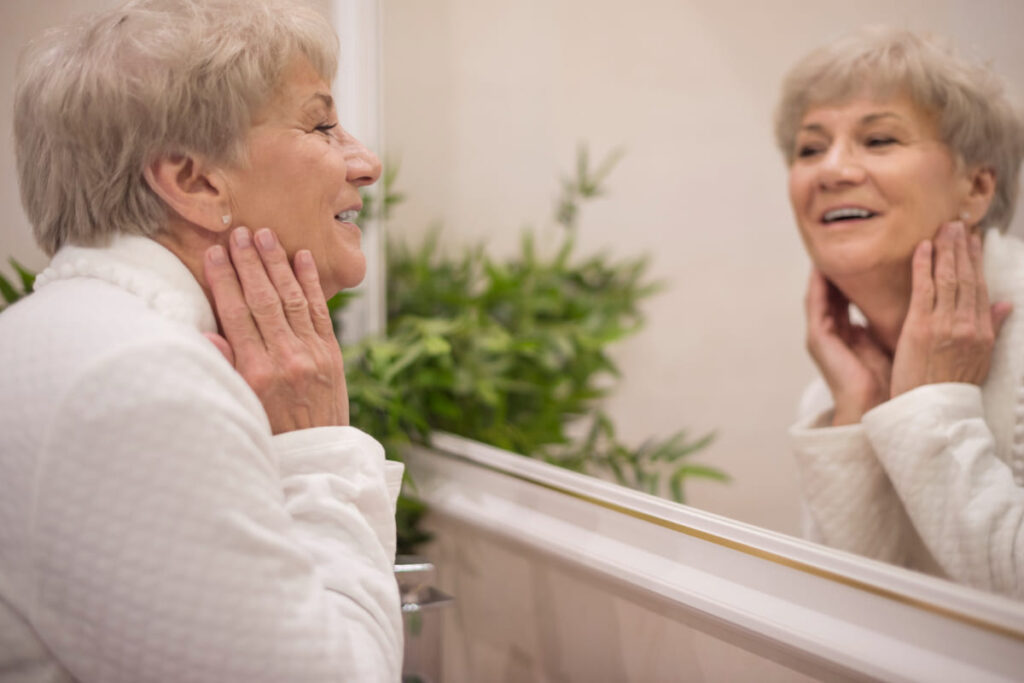
You might notice wrinkles, spots, or dryness as your skin ages. These changes are normal and natural.
However, your spirit—your energy, passion, and curiosity—can stay vibrant no matter your age. You get to choose how you feel inside.
Embrace your experiences and wisdom. They add depth to your personality that no skincare product can match.
Loneliness can sneak in; connection is vital.

As you age, you might find loneliness surprising you when you least expect it. Social circles can shrink, and daily interactions may become fewer.
Making an effort to stay connected is important for your emotional and mental well-being. Reach out to friends, family, or community groups regularly.
Even small moments of connection, like a phone call or a shared meal, can make a difference in how you feel. You don’t have to face aging alone.
Health issues might arise, but they don’t define you.

You may face health challenges as you age, and that’s normal. These issues can change daily routines or require adjustments.
However, your worth and identity go beyond physical health. You’re more than any illness or limitation that comes with aging.
Focus on what you can do, not just what you can’t. Your attitude and spirit shape your life more than any diagnosis.
Embrace the slower pace; it’s part of the journey.

You might notice your days don’t rush by like they used to. That’s natural and okay.
Slowing down gives you a chance to savor moments you once overlooked. It can help you focus on what truly matters.
Your value isn’t tied to speed or productivity anymore. This new rhythm is a chance to enjoy life in a different, often richer way.
You might grieve lost abilities, and that’s okay.
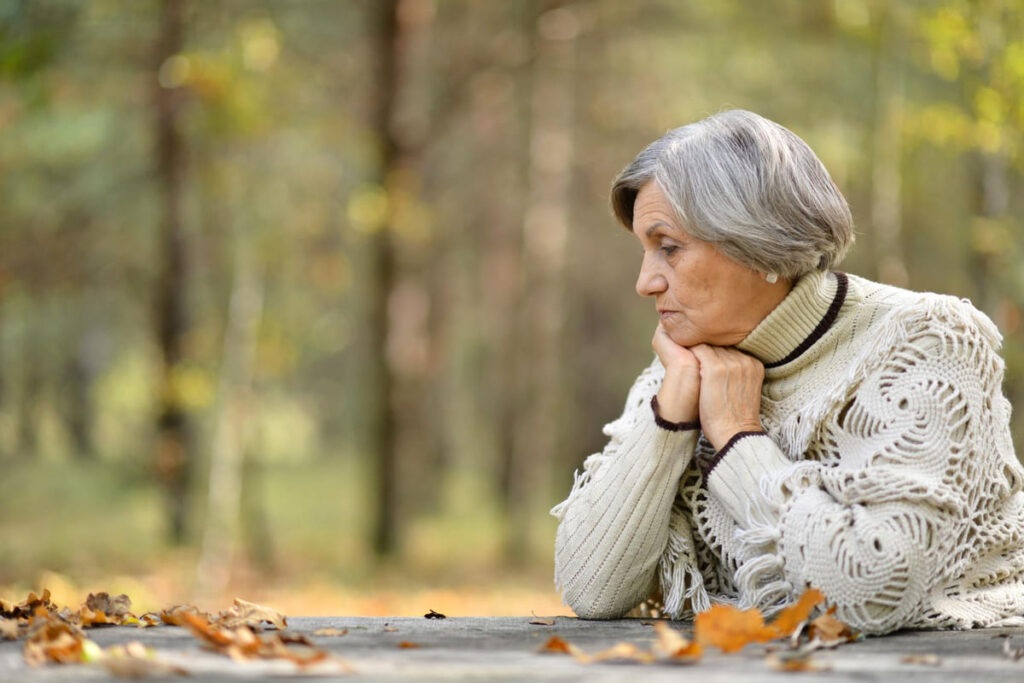
You may notice some things you once did easily become harder. This can bring feelings of sadness or frustration, and that’s a natural response.
It’s alright to grieve for what you’ve lost. Allow yourself that space without guilt or pressure to “just get over it.”
Accepting these feelings can help you find new ways to adapt. Your worth isn’t tied to what you used to do.
Society often overlooks older voices, but they matter.
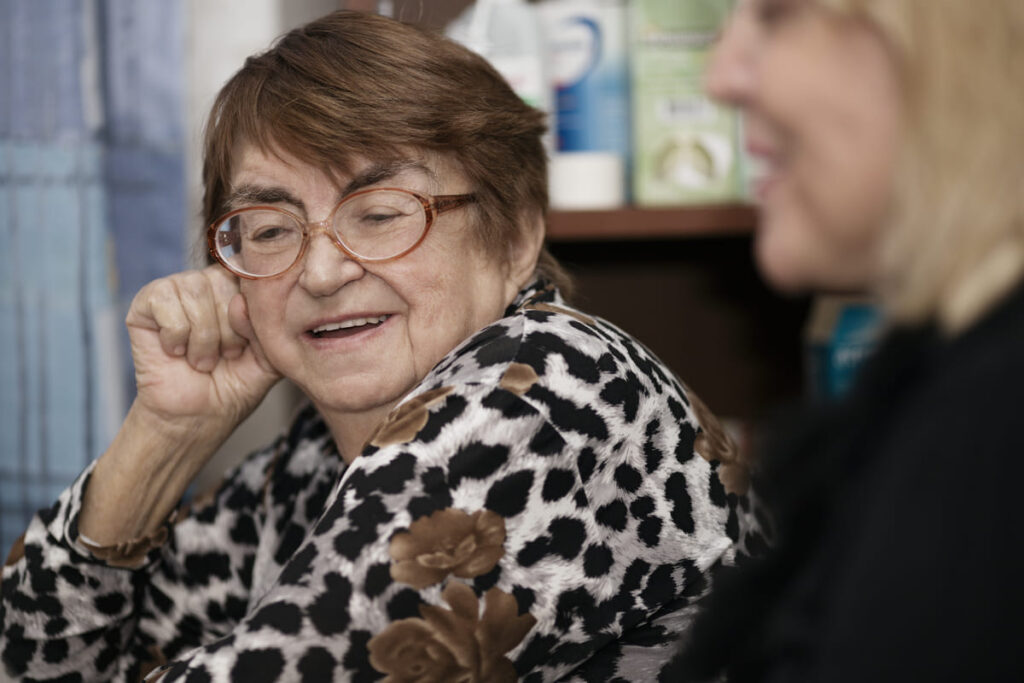
You might notice how older people are often ignored in conversations or decisions. This happens even though their experiences hold valuable lessons.
When you listen to older voices, you gain insight that books or the internet can’t provide. Their stories reflect real challenges and successes over time.
Remember, your perspective will change as you age. Valuing older voices helps create a society that respects all stages of life.
You can learn new things at any age.

You might think learning slows down as you get older, but that’s not true. Your brain stays capable of absorbing new information well into later life.
Trying something new, like a language or a hobby, can keep your mind sharp. It also brings a sense of accomplishment.
Don’t hesitate to start learning today. Your age doesn’t limit your ability to grow or improve.
Fear of death is natural, but can be managed
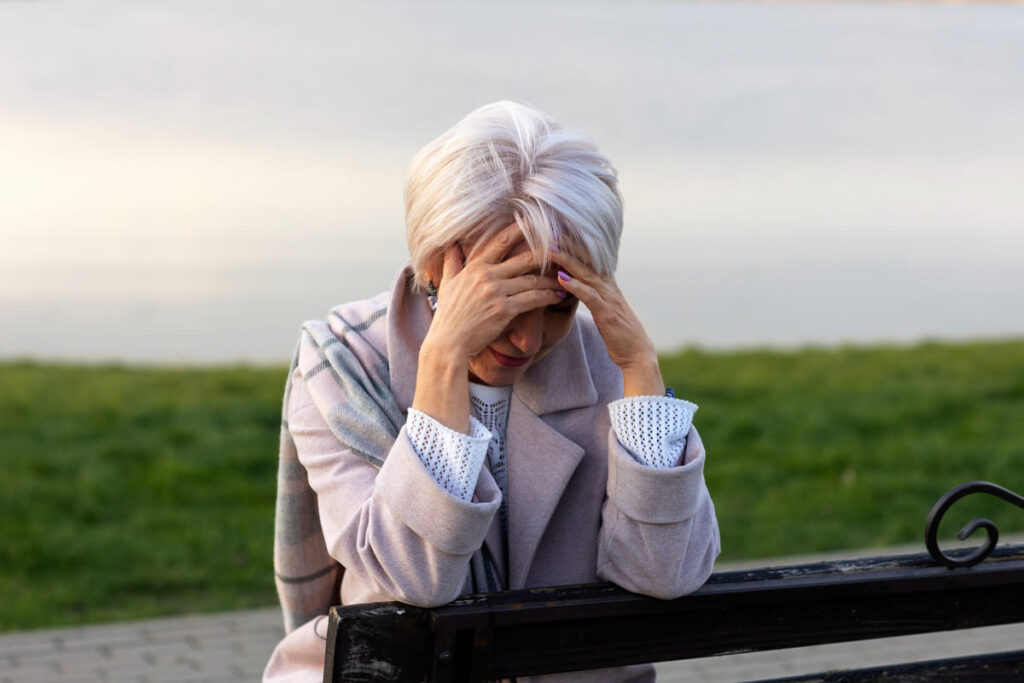
You might feel uneasy thinking about death, and that’s completely normal. It’s a common experience as you grow older.
Talking openly with people you trust can help ease your fears. Understanding your feelings makes them less overwhelming.
Focusing on what you can control—like your health and relationships—shifts your attention from fear. Small steps create a greater sense of peace.
It’s harder to bounce back from stress than before

You might notice that stress affects you more than it used to. Your body and mind take longer to recover after a tough day.
This happens because aging slows down your stress response system. You don’t have the same energy and flexibility to adapt quickly.
Taking time to rest and practice self-care becomes even more important. Small breaks and relaxation can help you manage stress better as you age.
Your body’s needs change—listen carefully.

As you age, your body asks for different things. What worked in your 20s might not suit you now.
You may need more protein to maintain muscle and more calcium to support your bones. Hydration becomes even more important.
Rest and recovery times can lengthen. Pay close attention to how you feel after activity and adjust accordingly.
Acceptance is a powerful form of courage.
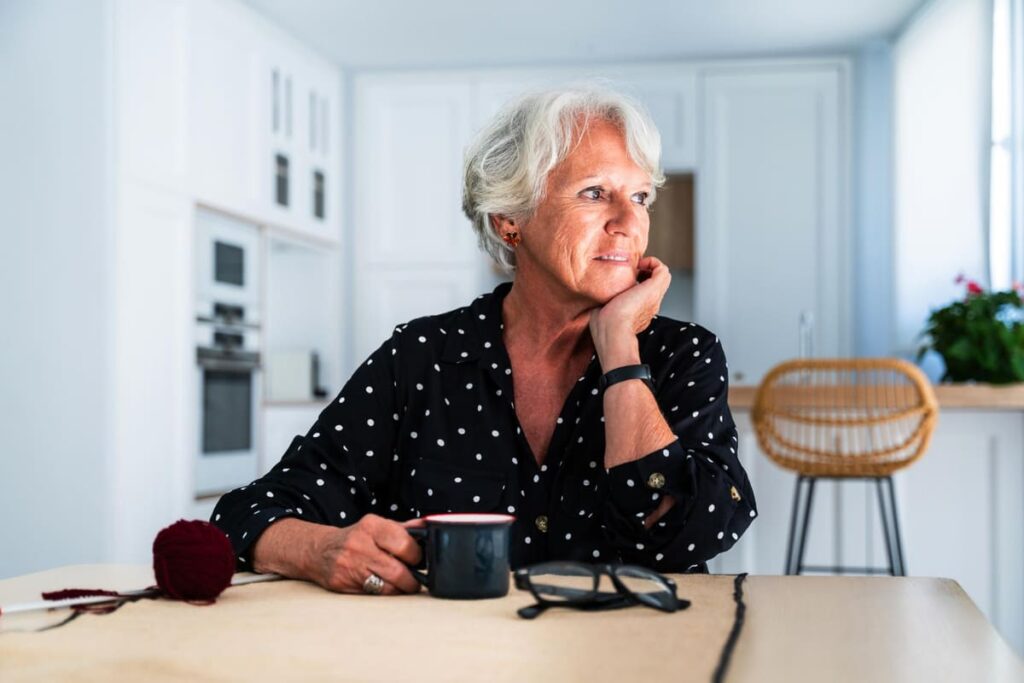
You might find that accepting aging is harder than fighting it. But choosing acceptance shows real strength, not weakness.
When you embrace changes instead of resisting them, you give yourself peace. It allows you to focus on what truly matters to you.
Acceptance doesn’t mean giving up. It means recognizing your experiences and living fully despite the challenges.

